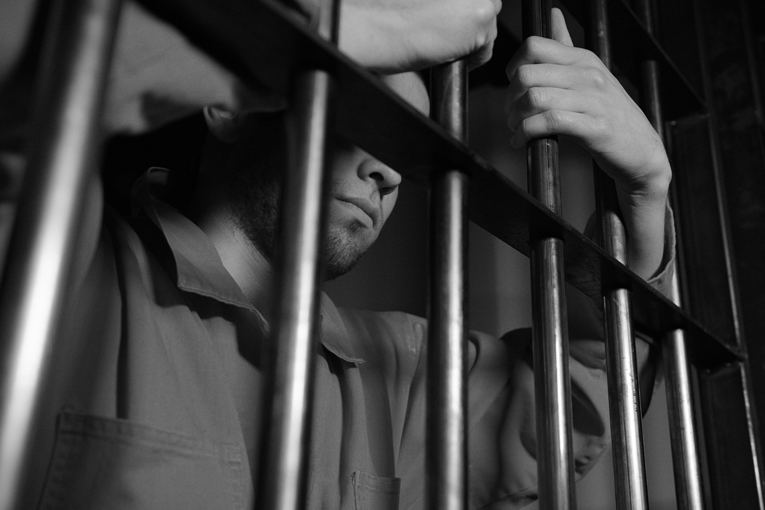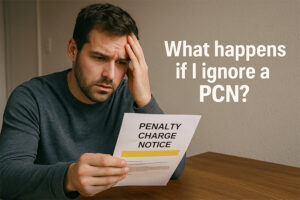What to do if you have been wrongfully convicted?

A wrongful conviction can devastate lives, destroying careers, relationships, and reputations. In the UK legal system, while safeguards exist to prevent miscarriages of justice, they still occur with concerning frequency. This comprehensive guide outlines the steps you can take if you believe you’ve been wrongfully convicted, including appeal procedures, compensation routes, and crucial deadlines. Given the complexity of wrongful conviction cases and the strict legal requirements involved, it’s strongly advised to seek professional legal representation at the earliest opportunity.

Key Takeaway: What should you do immediately after a wrongful conviction?
Don’t let injustice define your life. Read this guide to learn how to fight back against a wrongful conviction and reclaim your freedom and reputation.
Understanding miscarriages of justice: Your first steps
A miscarriage of justice occurs when someone is wrongly accused of a crime and faces conviction. These situations typically arise from:
- Witness perjury.
- Police misconduct.
- Coerced confessions.
- Flawed forensic evidence.
- Inadequate legal representation.
- Mistaken eyewitness statements.
Seeking redress: The appeal process
For those looking how to prove innocence when falsely accused, understanding the strict appeal timeline is critical to your case’s success:
- If convicted at Crown Court, you have 28 days from your conviction date to submit Form NG (Notice of Appeal) to the Criminal Appeal Office, including detailed grounds for your appeal.
- For Magistrates’ Court cases, you must file your appeal at the original court within 21 days of sentencing, complete Form N161, and pay the required fee, though this may be waived in certain circumstances.
- The Criminal Cases Review Commission (CCRC) operates as an independent body that reviews cases after standard appeals are exhausted, requiring no application fee and having no time limit, though it maintains a modest success rate of approximately 3%.
In exceptional circumstances, you can request timeline extensions by providing compelling justification, though the court will consider potential prejudice to prosecution, and longer delays require increasingly stronger cases.
Grounds for appeal: Building your case
Your appeal must demonstrate solid grounds for appeal against conviction UK through one or more of these elements:
- Legal procedural errors can form the basis of a strong appeal when judicial misdirection to jury occurs, evidence is wrongly admitted or excluded, fundamental trial rights are breached, or court proceedings show irregularities.
- Expert testimony challenges often strengthen appeals by questioning original forensic evidence, challenging medical conclusions, providing alternative scientific analysis, and addressing advances in technology that weren’t available during the original trial.
- Witness credibility issues can significantly impact your appeal through recanted testimony, evidence of perjury, newly discovered contradicting statements, and proof of witness bias or underlying motivations.
- New evidence discovery can prove crucial to your appeal through previously unavailable witness statements, newly discovered CCTV footage, DNA test results, mobile phone records, and relevant social media evidence that could change the case outcome.
- Documentation previously withheld might support your case through undisclosed police reports, witness statements, expert reports, communication records, and crucial investigation notes that weren’t available during the original trial.
Compensation and claims
If you’ve suffered a false imprisonment sentence, you can pursue wrongful conviction compensation through two primary paths:
1. Statutory claims process
First, submit your case to the Ministry of Justice for assessment within 12 months. An independent assessor will then review your case against strict eligibility criteria, focusing on new evidence. If successful, you may receive up to £1 million through a tax-free payment structure, with possible interim payments during the process.
2. Civil lawsuit process
You must file a direct action against responsible parties such as police, CPS, or forensic services. While there’s no compensation limit and out-of-court settlements are possible, expect higher legal costs and a longer processing time of 2-3 years, plus stricter proof requirements.
When asking “can you get compensation for being falsely accused UK”, understand that payout calculations consider:
- Your imprisonment length (approximately £100,000 per year), time under bail restrictions, family relationship disruption, and lost personal milestones.
- Financial losses which cover your lost earnings during imprisonment, reduced future earning capacity, missed pension contributions, forfeited business opportunities, and expired professional qualifications.
- Personal damage evaluation including psychological trauma like PTSD and depression, physical health deterioration, community reputation damage, broken family relationships, and social isolation impact.
- Additional recoverable costs which encompass your original trial legal fees, appeal process expenses, expert witness costs, rehabilitation programs, and reintegration support services.
Potential outcomes
When challenging a wrongful conviction, understanding potential results helps manage expectations and plan next steps:
A successful appeal typically triggers these immediate actions:
- Passport reactivation.
- Return of seized property.
- DNA database profile removal.
- Prison release order processed same day.
- Right to claim compensation within 2 years.
- Criminal record expungement after 28 days.
- Immediate conviction quash within 48 hours.
An unsuccessful appeal opens these strategic options:
- A CCRC application must be submitted within 12 months, requiring fresh evidence, different grounds from your previous appeal, and typically needs an expert review for the strongest chance of success.
- Further evidence gathering can be pursued through hiring private investigators, consulting forensic experts, conducting new witness interviews, analysing previously overlooked documents, and leveraging advances in technology for fresh insights.
- International remedies must be initiated quickly by filing with the European Court of Human Rights within 6 months, while simultaneously exploring support from the UN Human Rights Committee, international justice organizations, and cross-border evidence gathering possibilities.
Do I need a lawyer if I have been wrongfully convicted??
When facing a wrongful conviction, specialized legal representation significantly increases your chances of success. Here’s why professional legal support is crucial:
- Case assessment: An experienced lawyer swiftly spots potential grounds for appeal against conviction UK by examining trial transcripts, evidence handling, and procedural errors that could overturn your conviction.
- Strategic planning: For those falsely accused, lawyers create winning strategies through precise deadline management, evidence gathering, and expert witness selection.
- Technical expertise: Legal professionals know exactly how to prove innocence when falsely accused using their expertise in appeal procedures, legal argumentation, and prosecution negotiations.
- Resource access: To fight your false imprisonment sentence, lawyers provide crucial access to forensic experts, investigators, and justice organizations that individuals cannot reach alone.
FAQs
- Can I continue working while my wrongful conviction appeal is in progress? Yes, while on bail you can work, but must disclose to certain professions and may face restrictions in security roles.
- How will my falsely accused status affect my ability to travel abroad? You must surrender your passport during appeal. Post-clearance, some countries may require court documents or restrict entry.
- If I’m found innocent, will my DNA data be removed from national databases? Yes. After a wrongful conviction is overturned, DNA deletion takes 28 days through legal application.
If you’re facing a wrongful conviction, remember that time is crucial. Seek immediate legal representation, document everything, and never lose hope. With the right support and evidence, justice is possible – many falsely accused individuals have successfully reclaimed their freedom.
Need help fighting your wrongful conviction?
Qredible’s network of criminal appeal solicitors can guide you through challenging your wrongly accused of a crime status, ensuring your rights are protected under the Criminal Appeal Act.
KEY TAKEAWAYS:
- Wrongly accused of a crime cases often stem from flawed evidence or witness errors, affecting thousands of lives.
- Strict appeal deadlines require swift action – 28 days for Crown Court and 21 days for Magistrates’ Court wrongful conviction challenges.
- Falsely accused victims can claim compensation through government schemes or civil lawsuits, potentially receiving up to £1 million.
- Legal representation is crucial, providing essential expertise and resources for successful appeals.
Do you need a solicitor?
Find a solicitor on Qredible in just a few easy steps
Belfast Solicitor
Southend-on-Sea Solicitor
Leicestershire Solicitor
Dorchester Solicitor
London Solicitor
London Solicitor















